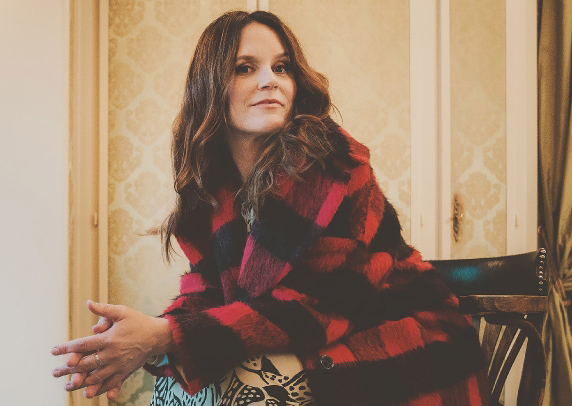Supervision
In order to carry out their work in the area of obligatory collective management, the collective rights management organisations require federal authorisation. As is the case with all legal entities, they are required by law to undergo checking by an external auditor. In addition, the collective rights management organisations are subject to dual federal supervision in the areas where official consent is required to administer rights.
Management: Supervision by the Swiss Federal Institute of Intellectual Property (IGE)
The Swiss Federal Institute of Intellectual Property (IGE) is responsible for supervising the management. The collective rights management organisations provide the Swiss Federal Institute of Intellectual Property with an account of their activities in an annual business report. This report is scrutinised and approved by the Institute. In addition, the collective rights management organisations have a duty to provide information to the Institute and must make available all documentation required for it to carry out the supervisory function. Within this framework, the Institute is authorised to issue instructions to the collective rights management organisations; moreover it has at its disposal a graduated series of sanctions extending as far as restraint and revocation of authorisation.
Liechtenstein: In the Principality of Liechtenstein, supervision of the management is exercised by the Department of Trade and Transport.
Tariffs: Supervision by the Federal Arbitration Board
The Federal Arbitration Board for the remuneration of authors’ rights and neighbouring rights (ESchK) is responsible for supervision of the tariffs. The Federal Arbitration Board is an independent panel of judges. It is made up of one representative each from the user side and the authors’ side plus three neutral members.
Review of the tariff proposals
The tariffs negotiated by the collective rights management organisations and the users are submitted to the Federal Arbitration Board for review. This occurs irrespective of whether the tariff negotiations end in agreement or dissent. The Federal Arbitration Board assesses the fitness for purpose of the tariffs both with regard to the overall structure and to the individual provisions.
Tariff review: Fitness for purpose is the be-all and end-all
Through its fitness for purpose review, the Federal Arbitration Board ensures that the remuneration mechanism envisaged in the tariff can be implemented efficiently and economically and that they will not result in any unequal treatment. At the same time, it is particularly important that the tariff is appropriate from the financial perspective: It must relate to the revenue obtained through the utilisation of the copyright works. As a general rule, the tariff revenue is calculated as a percentage of the receipts generated (e.g. ticket receipts). In cases where it is impossible to determine the utilisation, the expenditure associated with the utilisation is decisive. For example, this might be the costs incurred in staging an event. Other criteria also have to be taken into consideration.
Appeal bodies
Federal Arbitration Board decisions may be referred upwards through two bodies – the Federal Administrative Court and the Federal Supreme Court.
Liechtenstein: In the Principality of Liechtenstein, responsibility for supervision of the tariffs is again in the hands of the Department of Trade and Transport.
Role of the Office of Price Control
When reviewing tariffs, the Federal Arbitration Board consults the Office of Price Control. The latter is empowered to offer recommendations but has no authority to issue directives.
Related links:


